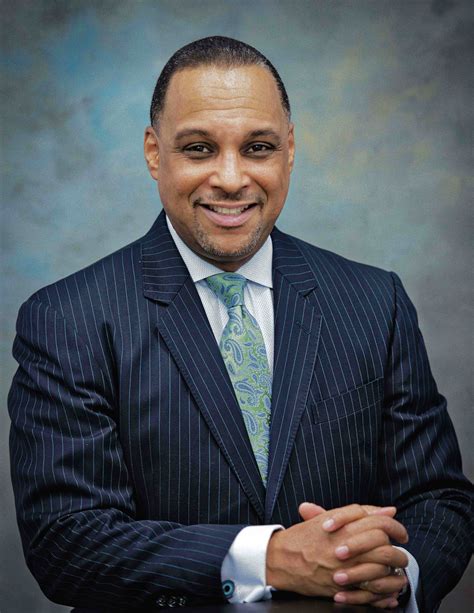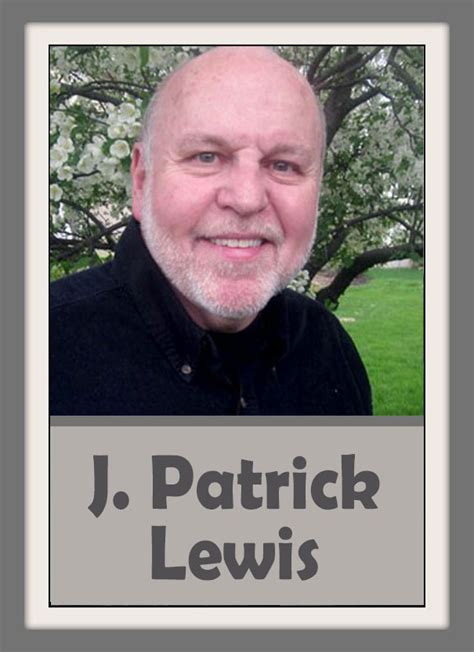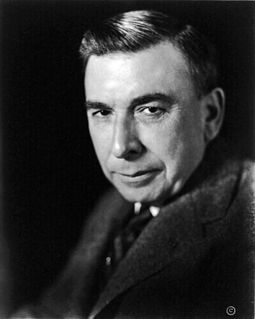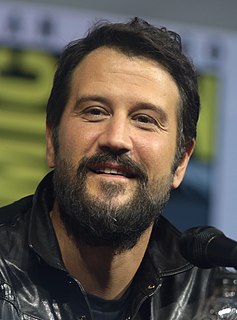A Quote by Tom Stoppard
When I was in my teens, I was very, very keen on being the author of a book. What the book was was secondary. I wanted it to be in hardback. I didn't care how thick or thin it was, and I didn't actually care what it was about.
Related Quotes
The best morals kids get from any book is just the capacity to empathize with other people, to care about the characters and their feelings. So you don't have to write a preachy book to do that. You just have to make it a fun book with characters they care about, and they will become better people as a result.
No one really knows the value of book tours. Whether or not they're good ideas, or if they improve book sales. I happen to think the author is the last person you'd want to talk to about a book. They hate it by that point; they've already moved on to a new lover. Besides, the author never knows what the book is about anyway.
As an advocate for kids for over twenty years, I have watched things change since I was in school. Thankfully, this book made me face what I intuitively knew was real but pretended wasn't: The youth of our culture have been deeply wounded by our collective neglect and adult-driven self-focus. Young people need adults to understand what they are going through and people to care about them without a personal agenda. This book was very helpful to me, and my attitude toward teens will never be the same.
My theory on literature is an author who does not indulge in trashiness-writes about people you could introduce into your own home...he did not care to read a book or go to a play about people he would not care to meet at his own dinner table. I believe we should live by certain standards and ideals.
I am very bad at remembering the books I've read and so recently I had a wonderful experience. I decided I wanted to teach Toni Morrison's The Bluest Eye. I hadn't read it in twenty-five years. I was surprised to find how much I drew from that book. Stole from that book, learned from that book about writing. I had forgotten and there it was. Morrison has called that text faulted. I cannot see how.
In my case, I made the decision early on that I was going to be very open about the book and claim upfront that each of the stories was based on my life experience. I think my reasoning goes back to what I was saying earlier, about wanting the book to be "more than a book," that I wanted the reader to feel a little unsettled about what they were reading: there's a core of factual truth here.
In the performing arts you have to have thick, thick, thick skin, because of all the rejection you face on a daily basis, and the fact that work never lasts for very long. But you need thin, thin, thin skin in order to access all of your emotions and your creativity so that you can express it. You can't be dead inside. Otherwise you've got nothing to give. So it's a paradox, that we have to exist in both planes in order to do what we do.
About a year after (my stories began being published), magazine editor George Scithers, suggested to me that since I was so new at being published, I must be very close to what I had to learn to move from fooling around with writing to actually producing professional stories. There are a lot of aspiring writers out there who would like to know just that. Write that book.SFWW-I is that book. It's the book I was looking for when I first started writing fiction.





































